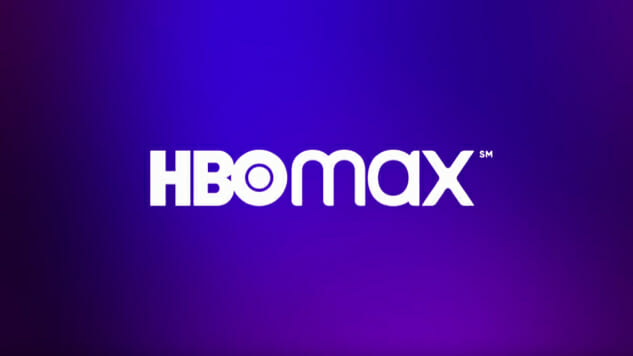The More I Learn About HBO Max, the Less I Know

I have to admit, I’m becoming obsessed with HBO Max—but for all of the wrong reasons. What should be a slam dunk of a new streaming service, with the combined powers of the Warner Bros library, Turner networks, and HBO (as well as Studio Ghibli, streaming for the very first time!) has started out as a muddled and confused combination of inexplicable secrets. I thought I had a reasonable understanding of what HBO Max would be, in terms of it expanding the $14.99/mo HBO Now service into a larger subscription platform that included IP from Warners and Turner. And ostensibly this is true. But with details still scarce about how HBO Max will integrate with WarnerMedia’s other SVOD services (including DC Universe, Boomerang, and others) and the current cable channels, as well as an overwhelming amount of information about new content and planned partnerships for the new platform, confusion abounds.
Today at the Television Critics Association press tour in Pasadena, Kevin Reilly (Chief Content Officer, HBO Max and President, TNT, TBS, & truTV), Sarah Aubrey (Head of Original Content, HBO Max) and Michael Quigley (EVP of Content Acquisitions for TNT,TBS, truTV, HBO and HBO Max) seemed confused that we were confused about their upcoming service, which doesn’t have an exact launch date, but should become available in May. That, frankly, is not that far away when one considers how many logistics still seem to be up in the air.
One thing that is not changing is the name. “We had robust debates, conversations, and studies,” Reilly told us regarding HBO Max, which has already led to consumer brand confusion. But the concern with naming the new service WarnerMedia was “Warner Bros is not a consumer-facing brand.” It’s recognizable, but it doesn’t carry the same brand recognition as something like Disney. “So it would be launching something new with recognition but no expectations. HBO stands for something, both for viewers and for non-viewers,” the latter of whom Reilly explained “know what it is and it stands for something good.” He added that HBO will essentially be “fortified” with this expanded IP library (that being the “max” part, which does not stand for poor, forgotten Cinemax).
And yet, most of the questions for the panel of execs all focused on practicalities without satisfying answers. The only thing that seems clear is if you have an HBO Now subscription, you will transitioned over to HBO Max in May. Since the price point is the same, you will continue to get HBO in addition to this other expanded content. 10,000 hours of it, in fact. But that’s just a fraction of the 45,000 hours of content that WarnerMedia currently holds the rights to. Rather bizarrely, the strategy seems to be that while there will be a core library that remains static, other titles will come and go like they do among streaming services now. For example, WarnerMedia doesn’t currently have the rights to show the Harry Potter movies on HBO Max, but they will one day. But then will they stay there forever? Perhaps not.
-

-

-

-

-

-

-

-

-

-

-

-

-

-

-

-

-

-

-

-

-

-

-

-

-

-

-

-

-

-

-

-

-

-

-

-

-

-

-

-








































